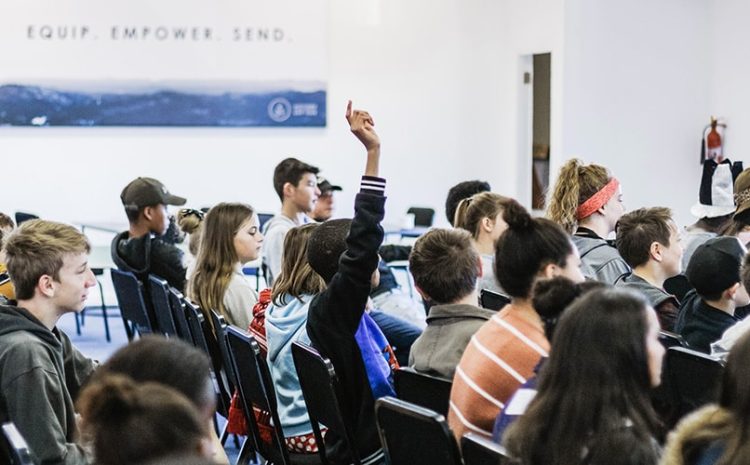Tag: Design
Reflections on the erosion of common humanity through shuttering frontiers, neglecting climate justice, and the future of the “Grand Bargain”
In fragile and conflict-affected settings, access to sexual and reproductive health is not only deprioritized,
but also actively denied. From bans on female healthcare workers in Afghanistan, to rising child marriage in
humanitarian crises, to silent rollbacks on HIV and safe abortion services amid political instability, SRHR is
treated as negotiable, optional, or dangerous. This panel will explore how restrictive laws, collapsing
systems, and donor retreat converge to systematically erase women and girls’ rights to healthcare.
Taking a sharp look at countries in South Asia, the panel will interrogate the failures of both national
governments and the international system to protect the right to reproductive autonomy in times of crisis. It
will also reflect on the operational dilemmas faced by actors like MSF, navigating care delivery amid legal
ambiguity, cultural resistance, and gender-based exclusion.
When traditional humanitarian frameworks falter, how can South-to-South solidarity and local innovation
reshape the future of crisis response? This panel calls for a commitment to amplify non-traditional voices,
strengthen horizontal partnerships, and recognize communities not as beneficiaries, but as drivers of
sustainable change.
In the face of eroding international humanitarian legitimacy and shrinking donor engagement, it is
communities, community-based organizations (CBOs), and local NGOs, often outside traditional aid
frameworks, that are sustaining health, rights, and social cohesion on the ground. This panel explores how
these local actors, together with emerging South-to-South partnerships and non-traditional solidarity
networks, are innovating to address complex crises and systemic failures.
These actors navigate political constraints, resource gaps, and exclusion from formal decision-making, yet
remain indispensable in delivering services, advocating for rights, and rebuilding trust at the community
level. The discussion will highlight how South-to-South cooperation fosters knowledge exchange, capacity
building, and collaborative action among affected countries and communities, challenging the dominance
of Global North-driven aid models.
By centering local and regional perspectives, this panel invites a critical reflection on how humanitarian
legitimacy and effectiveness can be redefined through equitable partnerships that empower communities
as leaders, innovators, and rights holders, shaping solutions rooted in context, solidarity, and justice.
The foundational principles that once protected medical care in conflict, neutrality, impartiality, and the
inviolability of health facilities, are under attack. From Gaza to Sudan, we are witnessing the collapse not
only of health systems, but of the moral and legal frameworks meant to protect them. Governments obstruct
or weaponize aid, international institutions fail to enforce accountability, and NGOs face growing constraints
in both access and legitimacy.
This panel will explore how these interconnected failures reflect a deeper erosion of trust in the global
humanitarian architecture and ask: what becomes of healthcare when every actor, from states to INGOs, is
seen as falling short? How do we navigate this fractured landscape while upholding the right to health, and
what forms of responsibility and collaboration are possible when traditional mechanisms no longer hold?
